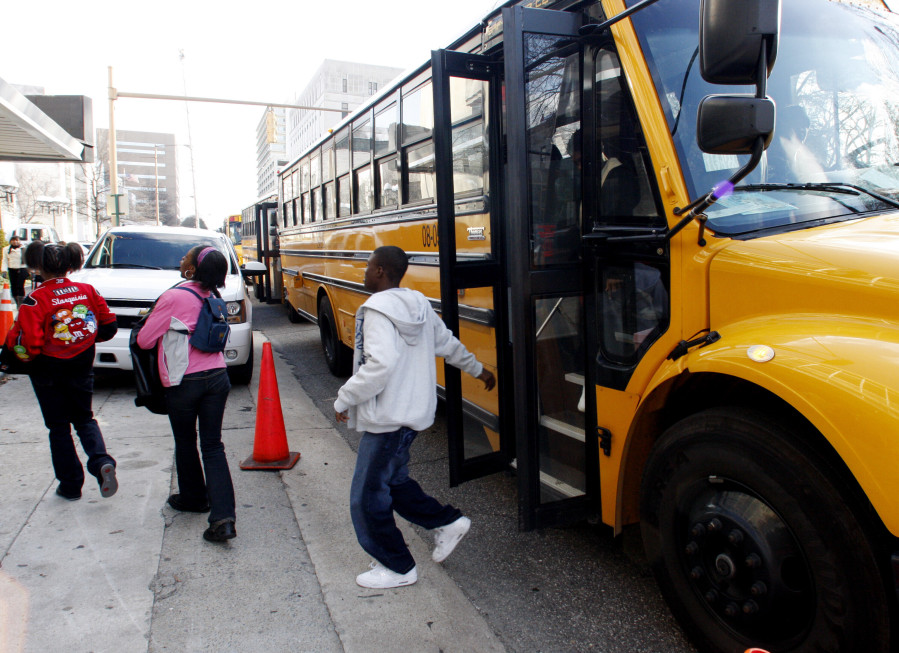As schools welcome students back for a new year, many parents are faced with a significant decision: Is their child ready to stay home alone after school? This situation often arises when parents have work commitments or other obligations that prevent them from being home shortly after school dismissal.
The move towards independence is appealing for many families, especially considering the challenges of finding affordable after-school care. Nonetheless, determining if a child can safely manage their time alone requires careful consideration.
Understanding Readiness
While some states have established minimum age requirements — for example, Maryland prohibits leaving children under the age of 8 unattended — the majority of states allow parents to make this decision based on individual circumstances. Experts recommend that children between the ages of 11 and 13 may begin to demonstrate signs of readiness to be left home alone, but they emphasize that age is not the sole factor.
“It’s not a one-size-fits-all ordeal,” said Jaesha Quarrels, director of child care services at Oklahoma Human Services. She highlights that inadequate supervision is often linked to preventable childhood injuries and neglect cases. Parents should consider various factors to assess their child’s maturity level.
According to the American Academy of Pediatrics, most children are not equipped to handle emergencies until they reach around age 11 or 12. Until then, the organization advocates for structured supervision to ensure safety. Brian Tessmer, director of treatment and operations at Family Resources in Pittsburgh, Pennsylvania, notes that it is essential for parents to evaluate multiple aspects of their child’s readiness, as maturity can vary significantly.
Key Considerations for Parents
At a minimum, children should be able to recite their full name, home address, phone number, and the name of a parent or guardian. They should also know how to contact that person in case of an emergency. Other critical skills include the ability to follow rules, maintain routines, and keep themselves engaged with homework or other activities.
Parents should also evaluate their child’s practical skills, such as dialing a phone, preparing a snack, and knowing the location of first aid supplies. It is vital that children understand what actions to take during emergencies, such as a tornado warning or a fire. They should know how and when to call emergency services, specifically 911 in the United States.
Despite possessing knowledge about handling emergencies, experts warn that children may not feel emotionally prepared to be home alone. Quarrels emphasizes the importance of considering a child’s emotional readiness. “Are they confident? Can they handle loneliness, fear, or boredom?” she asks.
Open communication plays a crucial role in this transition. Tessmer suggests that parents frame the experience as a family milestone, reinforcing their confidence in the child’s ability to manage the situation. It is essential for children to clearly understand their boundaries, including what is off-limits, such as using the stove or opening the door to strangers.
Quarrels recommends that families establish clear house rules, which should be reviewed regularly. This clarity helps children feel secure and informed. Role-playing scenarios, such as how to respond when someone rings the doorbell or how to dial emergency services, can also alleviate anxiety for both parents and children.
To ease into this new arrangement, parents might start by leaving their child alone for brief periods, such as while they are in the backyard or taking a short walk. With advancements in technology, smartphones and home security systems that allow for real-time monitoring can provide an added layer of reassurance.
Regular check-ins are also advised, especially if parents will be away for longer than 15 to 30 minutes. This ongoing communication helps children feel supported and secure.
As families navigate this important transition, understanding each child’s unique readiness can lead to a successful experience of independence, fostering both confidence and responsibility.
